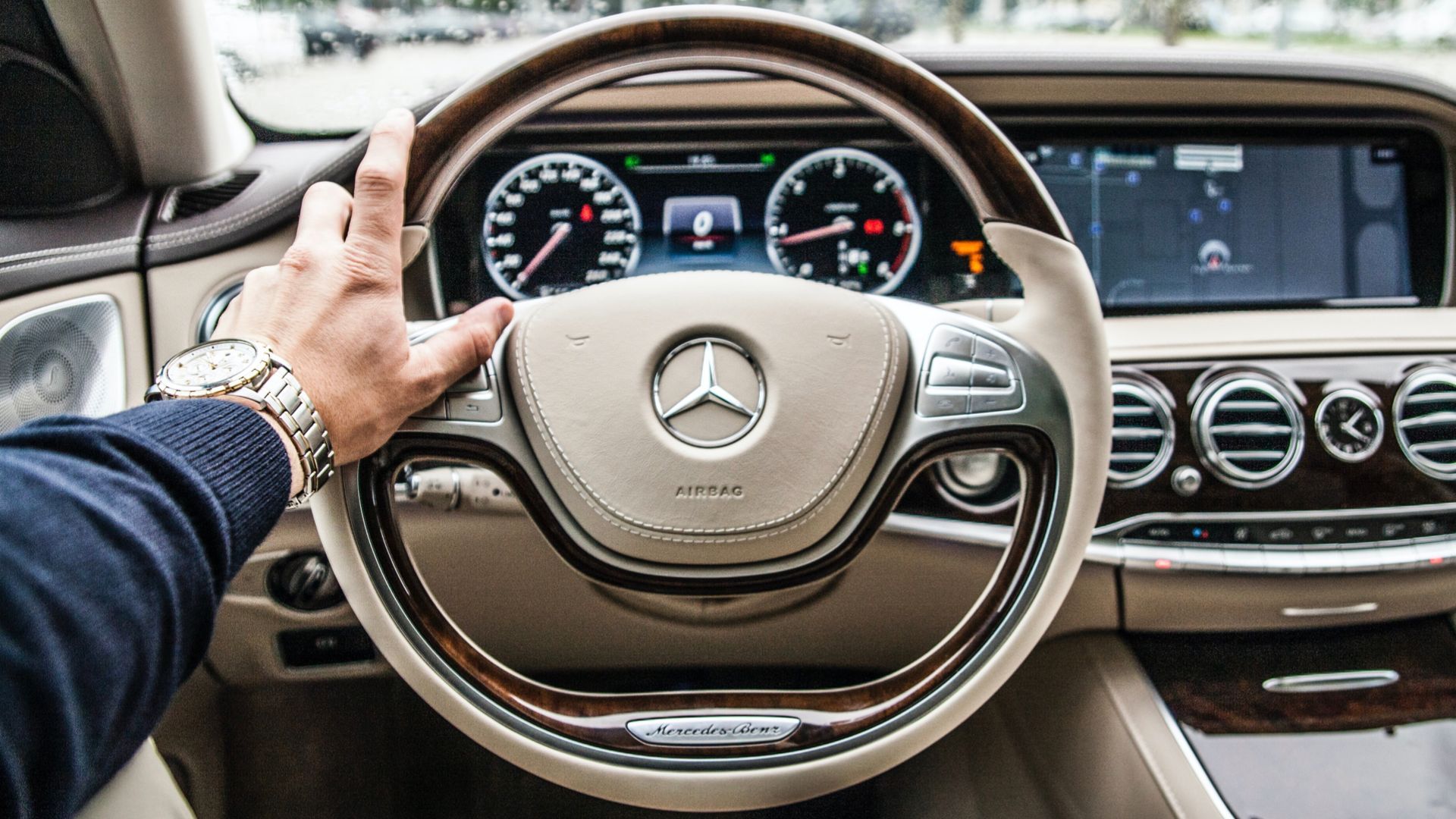Personal Finance
•
7 mins read
•
July 16, 2021
How Does Leasing a Car Work?
Wondering how the car leasing process actually works? We break it down for you, including financial considerations, typical lease terms, and ideal credit scores.

If you want a new car but aren’t sure owning a new car is right for you, leasing a car can be a good option. If you’ve never had a car lease, you’ll want to do your
and know the ins and outs of leasing a car.
What is a Car Lease?
A car lease is a type of arrangement where you can access a car for a period of time without owning it outright. A lessor, or someone who owns an asset like a car, grants a lease to a lessee.
In this situation, a car lessee would make an upfront payment and continue to
as part of the agreement to access the vehicle for a set period of time. How Does Leasing a Car Work?
Keen to lease a car? Here are the key steps to follow.
Find a Dealership to Lease a Car
The first thing you want to do to lease a car is to find a dealership. To do this, you can Google your city + lease a car and see what comes up. There are also websites such as
.
Understand the Terms of the Lease
Every lease will have different terms as part of the arrangement.
To lease a car, you’ll need to understand the following terms:
- Any fees associated with the lease (for example, look for any termination fees if you want to end the lease early);
- How many miles you can drive each year. Many lease options have limits of up to 15,000 miles and you may have to pay if you go over;
- Understand what is considered normal wear and tear and what is not.
Get to Know the Numbers
If you buy a car outright with cash, you own it in full. If you take on auto financing, the car is yours once you pay off the loan.
However, leasing a car is different and has various financial variables to consider.
- The initial amount of money you have to pay to begin the lease;
- The vehicle’s total current worth and prospective worth at the end of the lease;
- How much in fees you may have to pay at the end of the lease;
- The monthly lease payment amount;
- The interest and fees you’re required to pay;
- Any penalty or fees if you go over a certain amount of mileage;
- Any penalty or fees that may occur from a missed payment.
Knowing the financial aspects of leasing a car is important so you understand what you’re getting into.
What Credit Score Do You Need to Lease a Car?
If you’re interested in leasing a car, you want to make sure
is in good shape to get approved. According to
, a credit score of 680 or above can lead to the best offers.
Of course, this doesn’t mean if your credit score is lower you automatically won’t qualify. Your income and other factors are considered as well and it can depend. The best way to improve your credit score is to keep making your payments on time and
.
What Happens At the End of a Car Lease?
After your lease is up, it’s time to return the car. To return the leased vehicle, it’s best to go to the place you bought it from.
At the end of a lease, you’ll have a car inspection to see about any damages beyond any “normal” wear and tear. You may have to pay more if there are any damages.
They’ll likely look at things like stains, tears, rips, dents, and cracks that could lower the value of the vehicle.
Advantages and Disadvantages of Leasing a Car
If you’re thinking of leasing a car, you want to go over the pros and cons before diving in. Here are the advantages and disadvantages of leasing a car you should consider.
Advantages of Leasing a Car
- Driving newer vehicles that fit your taste and lifestyle;
- Payments could be lower than financing a car and buying;
- The down payment may be lower when leasing a car;
- Flexibility to buy or return the car after the lease.
Disadvantages of Leasing a Car
- You have to pay for the depreciation of the vehicle;
- Termination fees can be expensive;
- The amount you’re allowed to drive per year is a limited amount;
- Fees for going over mileage or having wear and tear can be high.
Is Leasing a Car Right For You?
If you’re thinking of leasing a car instead of
, you’ll definitely want to crunch the numbers and do your research. Leasing a car is not a good option for people who drive a lot or want to be able to customize their cars. It’s also not great if you move around a lot, which can result in more mileage and potentially also damage — particularly if you have kids or pets, as these factors can lead to more general wear and tear.
In those cases, buying a car could be a better fit. On the flip side, if you like flexibility and enjoy driving newer cars every few years or so, leasing may be a good fit.
Ultimately, make sure to look for any fees, assess the monthly payment as part of your budget, and make sure it fits your lifestyle and financial goals.


